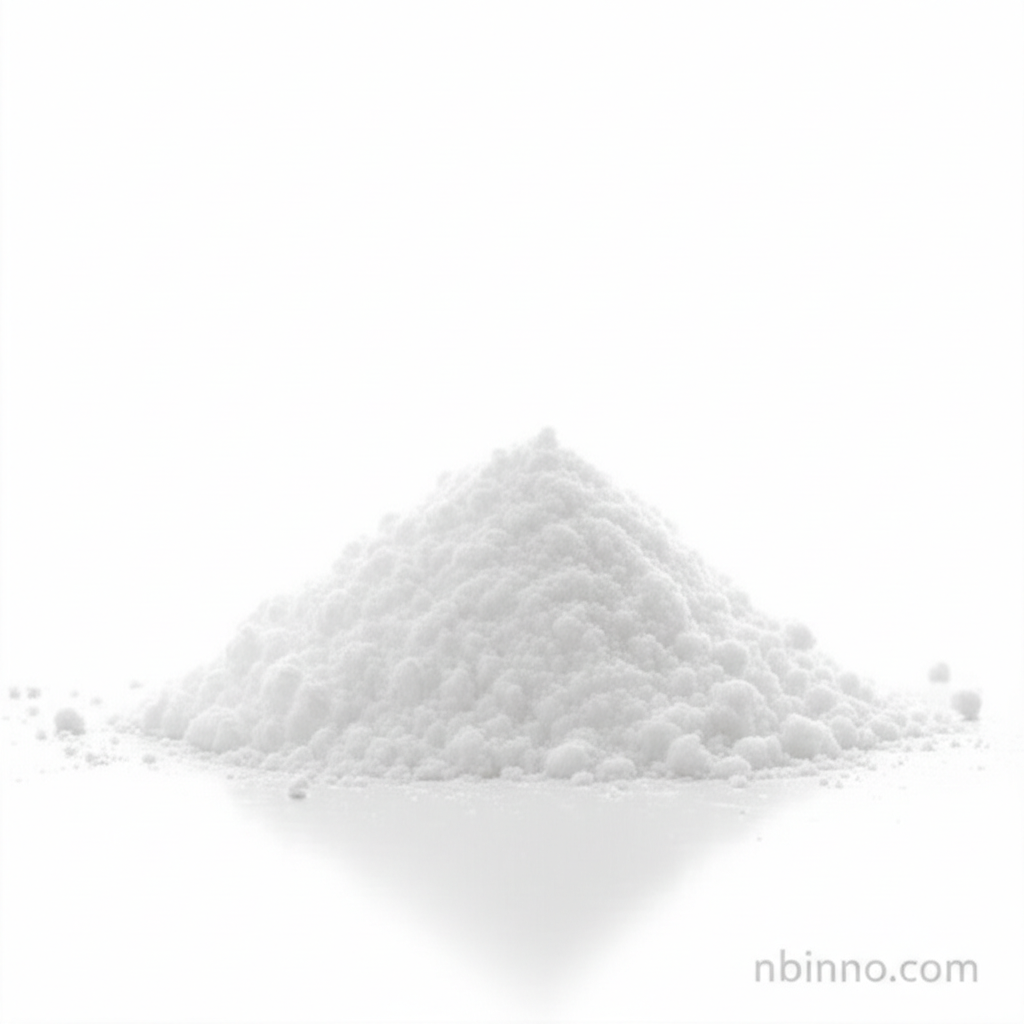Procaine Hydrochloride: A Comprehensive Overview
Discover the properties, applications, and safety of this essential local anesthetic.
Get a Quote & SampleProcaine Hydrochloride: The Foundation of Modern Local Anesthesia

Procaine Hydrochloride
Procaine Hydrochloride is a synthetic organic compound renowned for its efficacy as a local anesthetic. Initially known as Novocaine, it was developed to replace the more toxic and addictive cocaine in medical procedures, thereby enhancing patient safety and expanding the possibilities for pain management.
- Discover the procaine hydrochloride uses in various medical settings, from dental work to minor surgical procedures.
- Understand the procaine hydrochloride mechanism of action, which involves temporarily blocking nerve fiber conduction for anesthetic effects.
- Learn about procaine hydrochloride safety considerations and its general tolerability compared to older anesthetic agents.
- Explore the different procaine hydrochloride administration methods, including infiltration, nerve blocks, and spinal anesthesia for targeted pain relief.
Key Advantages of Procaine Hydrochloride
Reduced Toxicity and Addiction Potential
Unlike cocaine, procaine hydrochloride offers a significantly lower risk of toxicity and addiction, making it a much safer choice for widespread medical use. This characteristic is a key reason why it became a popular novocaine alternative.
Targeted Pain Relief
As an ester-type local anesthetic, procaine hydrochloride provides effective pain reduction during surgical procedures by acting as a sodium channel blocker, crucial for achieving pain management.
High Purity and Quality Standards
The product boasts a purity of >99%, meeting pharmaceutical standards like USP and BP, ensuring reliable performance in clinical applications. This high quality is vital for reliable procaine hydrochloride drug interactions studies.
Key Applications
Dental Anesthesia
Widely used in dentistry to numb the area around a tooth, facilitating procedures like fillings and extractions, aligning with procaine hydrochloride dental anesthesia applications.
Minor Surgical Procedures
Administered for infiltration anesthesia to numb localized areas, supporting various minor surgical interventions with effective pain reduction during surgery.
Nerve Block Anesthesia
Used to block sensation in a larger area by injecting near specific nerves, a critical aspect of nerve block anesthesia.
Spinal Anesthesia
An important option for spinal anesthesia, particularly for surgeries in the lower abdominal and pelvic regions, highlighting its role in spinal anesthesia.
